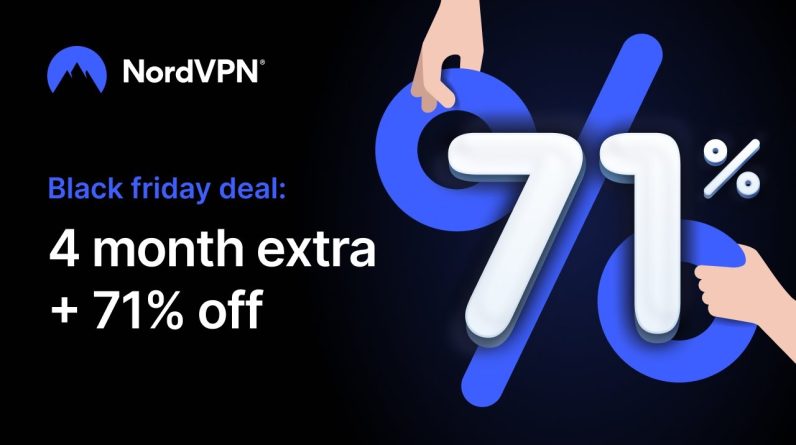How to Block Ads With NordVPN
Online ads are annoying, especially when you need to focus on the content you are reading. Some of these ads are also malicious and can infect your device with malware if you click them. This video shows how to use a VPN to protect yourself from intrusive as well as malicious ads. It really is much simpler than you might think.
***
Contents:
00:00 Intro
00:14 Threats of online ads
01:00 How to block online ads with a VPN
01:35 NordVPN’s Threat Protection
***
Our online habits have long been tracked by advertisers and our privacy taken for granted. Intrusive ads that pop up on our screens, offering us things we don’t even need, can be a nuisance and in some cases even malicious! Not only do they breach your personal space but slow down webpages too, making it impossible to get the most out of an enjoyable browsing experience. Though we might not always realize how intrusive these types of messages are into our lives, it’s best practice to simply avoid clicking any such ad as you never know what lies behind them
NordVPN’s Threat Protection feature makes it simple to block irritating ads on websites with a few clicks. All you need is a subscription, open the app and click the shield icon – then switch ‘Threat Protection’ on for an ad-free browsing experience!
***
NordVPN
Looking for a reliable way to stay secure online? NordVPN is the perfect choice! Powered by the industry experts at Nord Security, it offers an extensive array of cyber-protection tools so you can browse in total privacy. What’s more – with VPN technology your IP address and virtual location will be completely shrouded from hackers or unwanted snoopers. Get started today on staying safe while cruising around cyberspace with best-in class protection from NordVPN!
***
Grab the Deal!
How to Block Ads With A VPN
A Virtual Private Network (VPN) primarily focuses on encrypting and securing your internet connection, not on blocking ads. However, you can combine the use of a VPN with other methods to block ads while maintaining your privacy. Here are two common approaches to blocking ads while using a VPN:
-
Use a VPN with a Built-in Ad Blocker
Some VPN services include built-in ad and tracker blocking features, which can help reduce the number of ads you see while connected to the VPN. These features often use blocklists and blacklists to prevent ads from loading on websites. Here’s how to enable ad blocking on a VPN that offers this feature:
- Open your VPN application and go to the settings.
- Look for ad-blocking or tracker-blocking features and enable them.
- Follow any additional instructions or customization options provided by your VPN.
Keep in mind that the effectiveness of built-in ad blockers can vary, and they may not block all ads. Additionally, it’s essential to ensure that your VPN service is trustworthy and respects your privacy.
-
Use a Browser Extension or Add-On
While a VPN can protect your online privacy and security, browser extensions or add-ons are more effective at blocking ads. Popular ad-blocking extensions include uBlock Origin, Adblock Plus, and Privacy Badger. Here’s how to block ads using a browser extension while using a VPN:
- Install an ad blocker extension in your web browser. You can find these extensions in your browser’s extension or add-on store (e.g., Chrome Web Store for Google Chrome, Firefox Add-ons for Mozilla Firefox).
- Enable the ad blocker by clicking on its icon in your browser’s toolbar.
- Configure the extension’s settings if necessary. You can usually adjust the level of ad blocking, manage whitelists (sites where you want to allow ads), and more.
Browser extensions are often more customizable and have a broader range of ad-blocking lists, making them more effective at blocking ads than built-in VPN features.
Remember that using a VPN in combination with an ad blocker provides a comprehensive approach to both online privacy and ad blocking. However, some websites may request you to disable your ad blocker to access their content. You can choose to temporarily disable the ad blocker on such sites if you wish.
Keep in mind that while ad blocking can improve your browsing experience, it may affect the revenue of websites that rely on ads for support. As a best practice, consider whitelisting or supporting websites that you trust and appreciate.
Read more VPN and cybersecurity news here at Get Hitch







